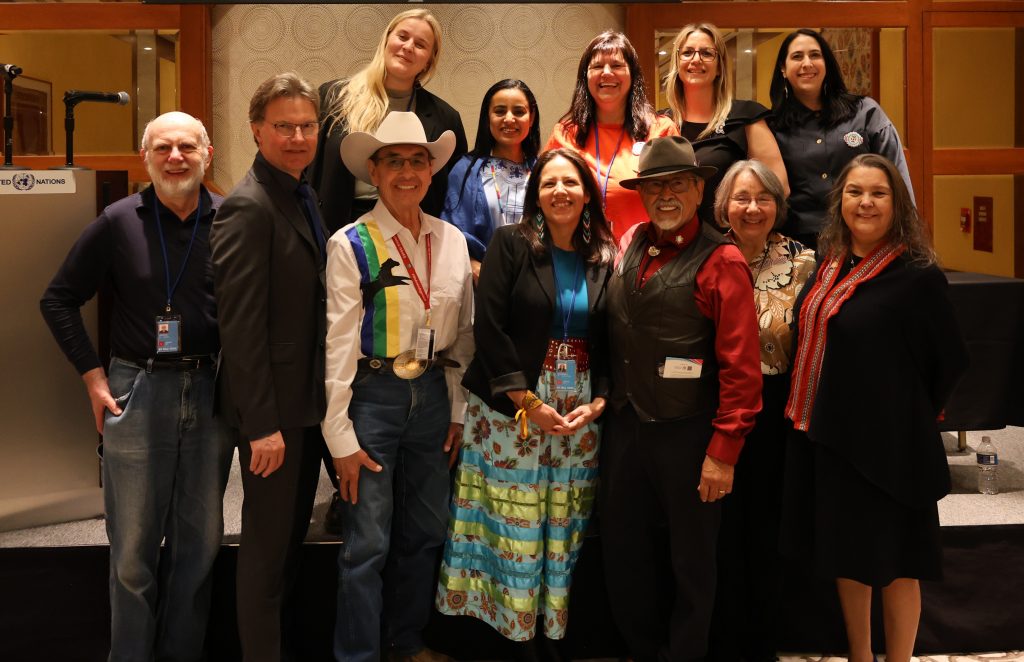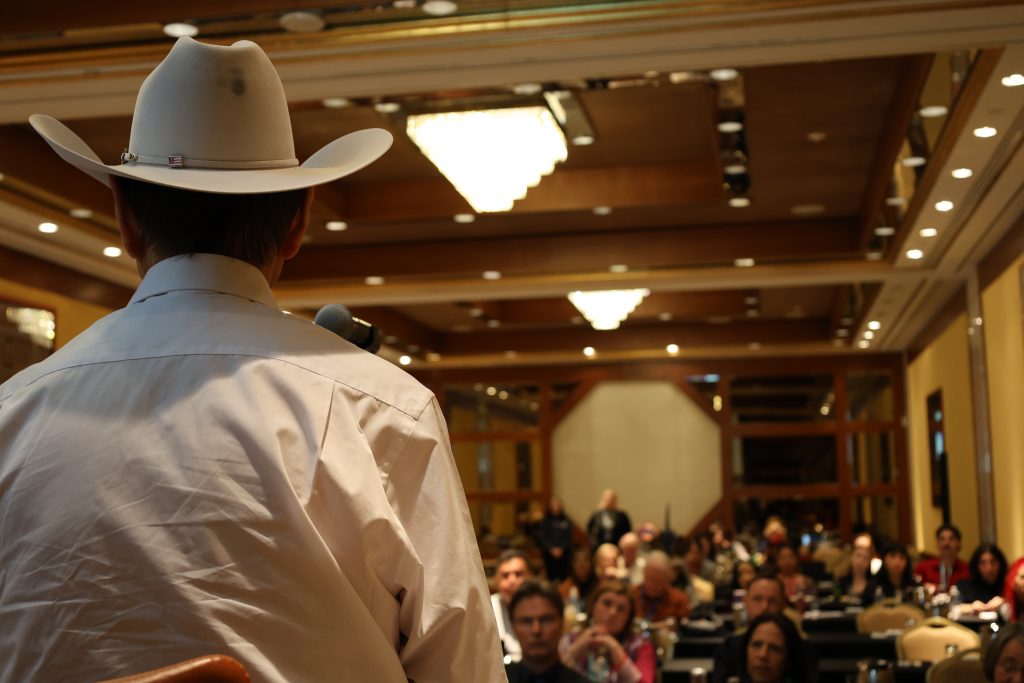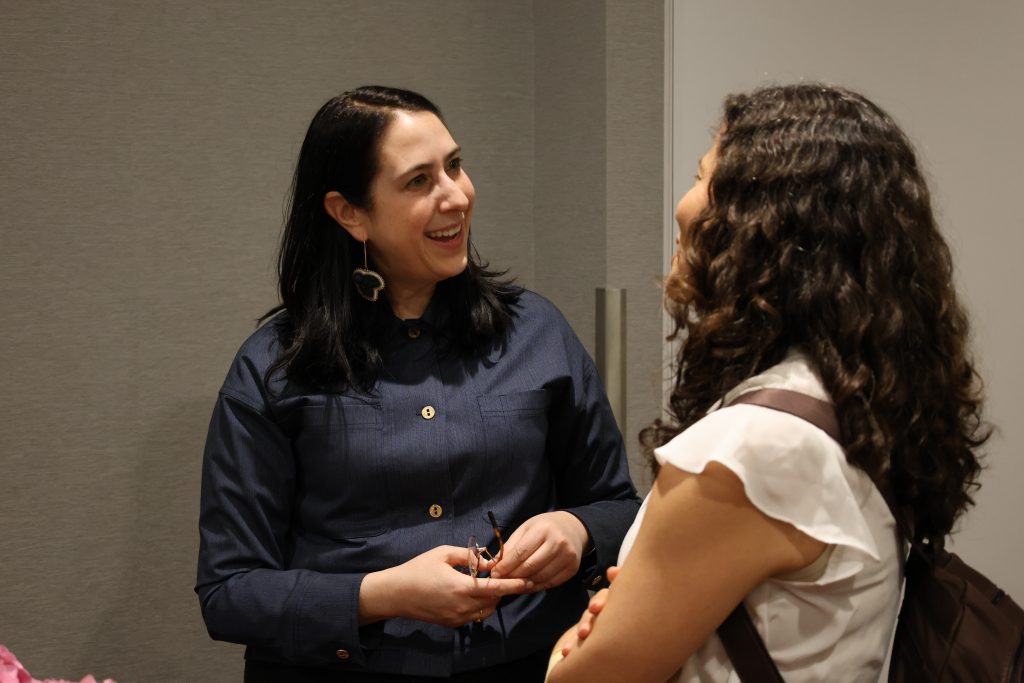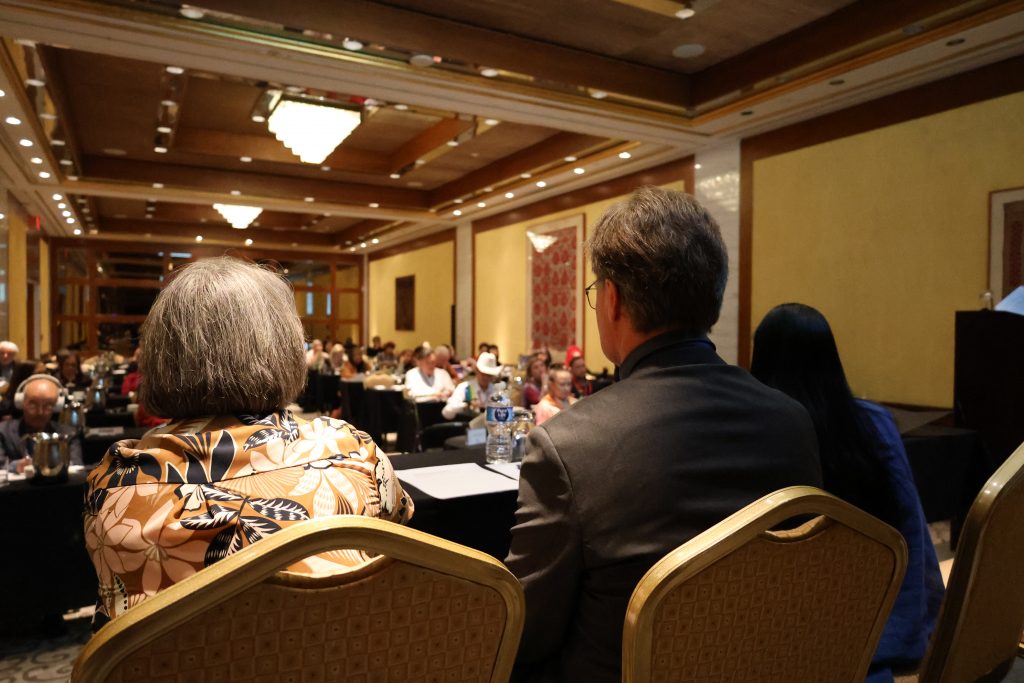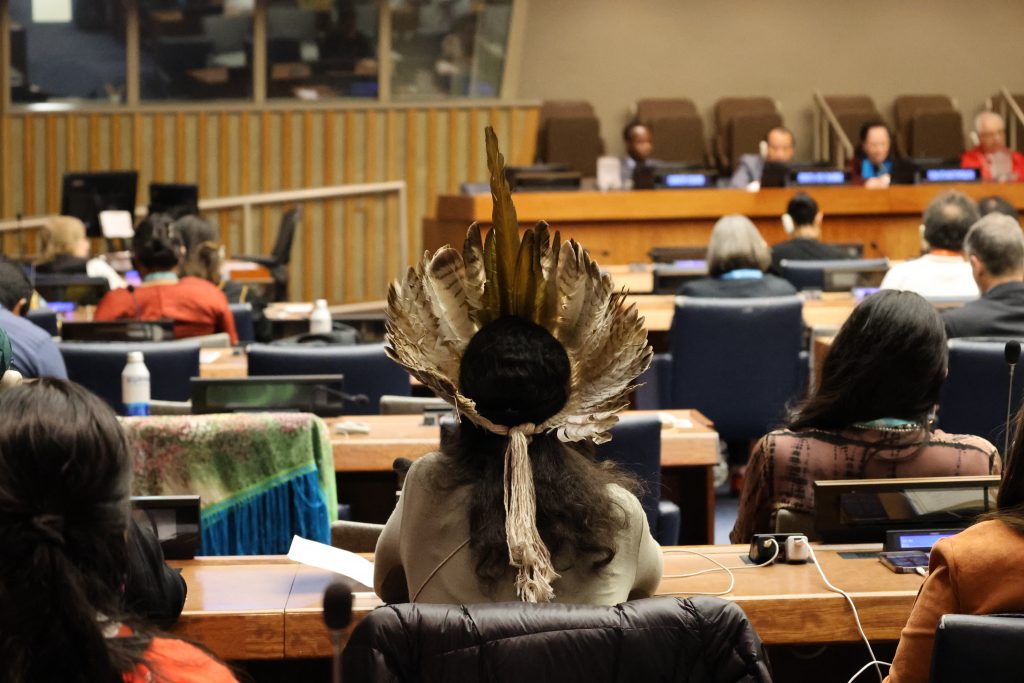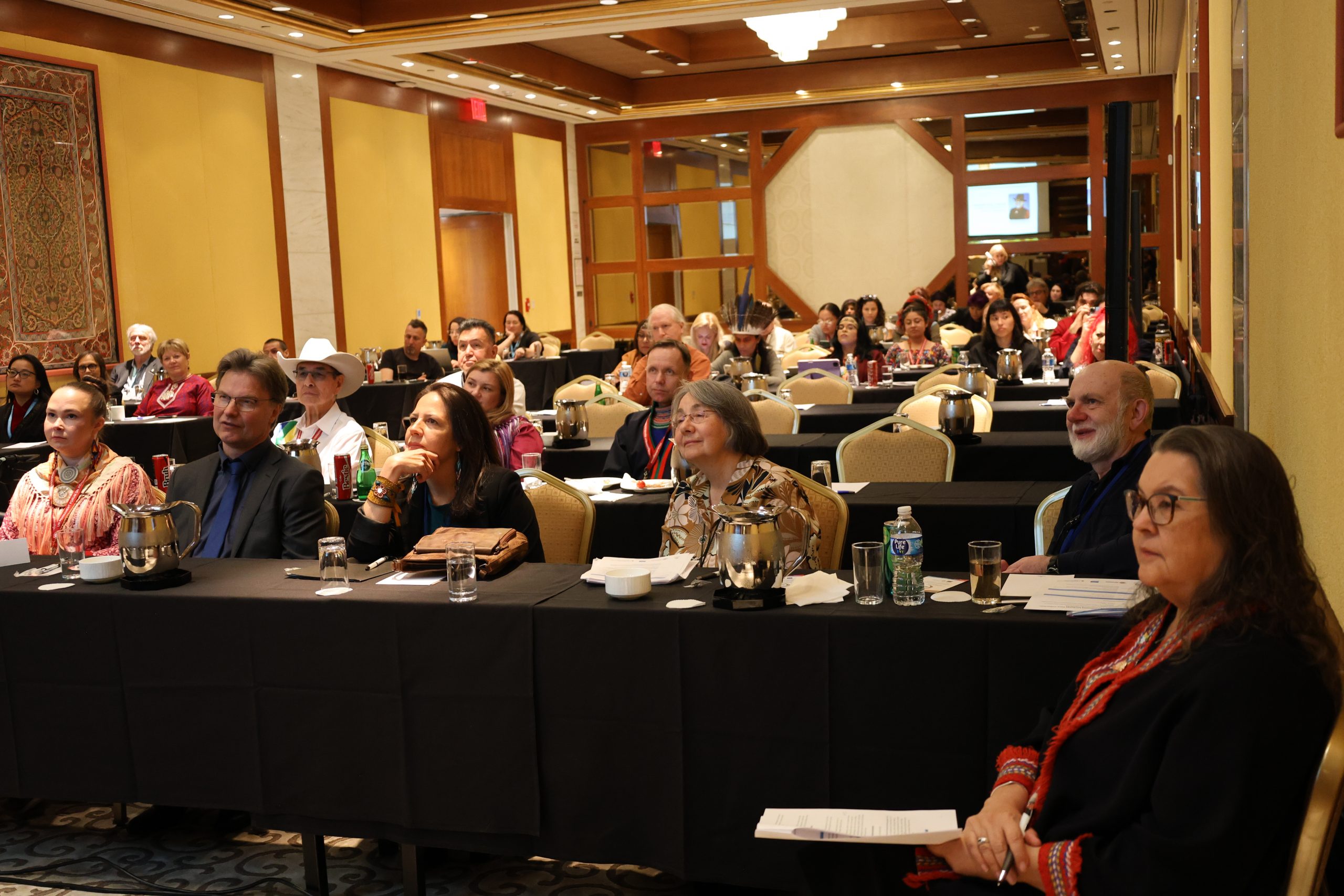

Commission Hosts Side Event on Indigenous Languages Data at the United Nations Permanent Forum on Indigenous Issues (UNPFII)
April 2025 – New York, NY
The Office of the Commissioner of Indigenous Languages was honoured to co-host an important dialogue on best practices in evaluating and monitoring the health of Indigenous languages around the world. Held as part of the United Nations Permanent Forum on Indigenous Issues (UNPFII), a side event on Indigenous Languages Data was organized in collaboration with the Canadian Commission for United Nations Educational, Scientific and Cultural Organization (CCUNESCO), United Nations Educational, Scientific and Cultural Organization (UNESCO), and the Government of Norway with Canadian Department of Statistics Canada as participants.
The Commission and its partners brought together Indigenous leaders, data experts, and government representatives to discuss the critical challenges and promising practices in gathering data related to the health of Indigenous languages. Panelists highlighted the urgent need for accurate and dynamic data collection methods that respect Indigenous contexts and worldviews. The side event was held in advance of the mid-term review of the International Decade of Indigenous Languages (2022-2032). The hope is that it helps to set the stage for enhanced monitoring and evaluation frameworks that prioritize Indigenous perspectives.
The event started with a warm welcome from Director Georgina Liberty, who was the master of ceremonies for the evening. Dr. Wilton Littlechild delivered powerful and moving opening remarks, emphasizing the urgent action needed to revitalize Indigenous languages, sharing an account of the devastating loss experienced when a community loses its last speaker.
Dr. Ronald E. Ignace, Commissioner of Indigenous Languages, echoed these sentiments in his opening, highlighting the importance of the objectives of the International Decade, the opportunities presented by Canada’s Indigenous Languages Act, and the link between Indigenous languages and nationhood, cultures, rights, and identities.
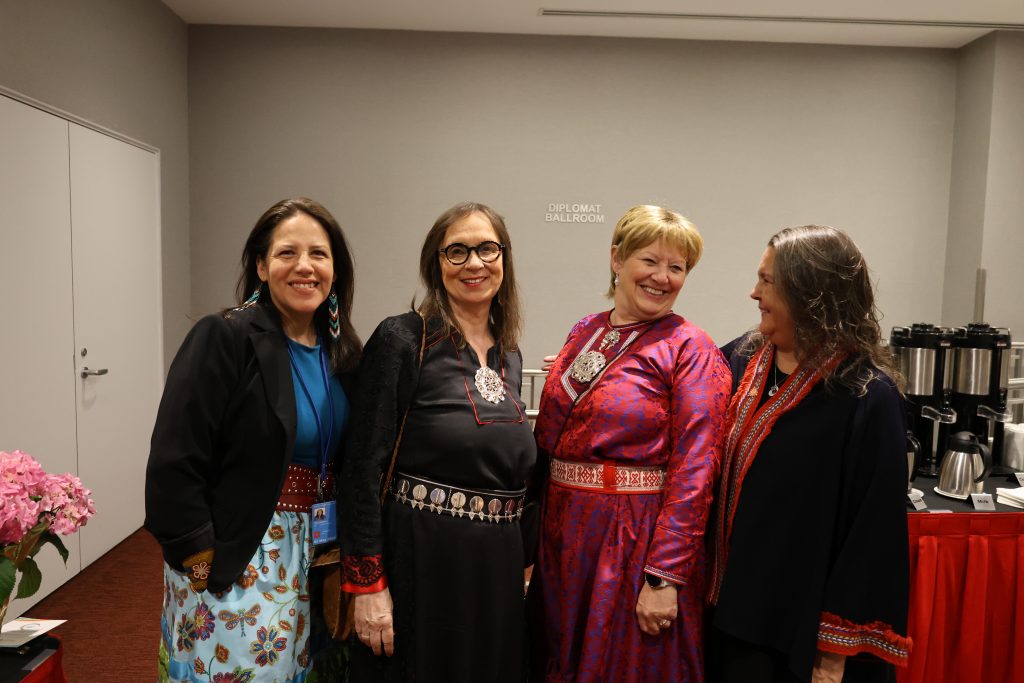
Dr. Mariam Wallet Aboubakrine, former member of the UN Permanent Forum on Indigenous Issues, moderated the panel discussion. Anders Sønstebø from Statistics Norway spoke about the importance of the Sámi Act which, “ensures the right of all Sámi children to learn their language, wherever they live, in all of Norway”. The authorities record data for Sámi language teaching for Sámi school children, as part of education statistics. Mr. Sønstebø spoke about a trend of an increased number of students learning Sami as a secondary language. He shares that the “lack of teachers is the largest challenge to ensure strengthening of Sámi language in education. Recruitment of teachers is the key to creating more Sámi language users”. He shared challenges related to data collection across the Nordic countries as a result of concerns over privacy, data protection, misuse of data on Indigenous Peoples, and difficulties with quantifying Indigenous group representation. The last Census happened in 2000, which resulted in a lack of up-to-date official statistics on the number of Sámi people, including their social, cultural, and economic conditions.
Mary Jane Norris, who completed research on behalf of the Commission on the vitality of Indigenous languages, and Vivian O’Donnell, from Statistics Canada, co-presented on the nine reports released in March 2025.
The reports provide a new analysis of 11 Indigenous languages or language families in Canada, using data from the 2021 Census of Population. These reports increase access to more relevant data, including insight on the vitality, acquisition, and usage patterns of Indigenous languages across the country to support Indigenous Peoples in their language revitalization efforts.
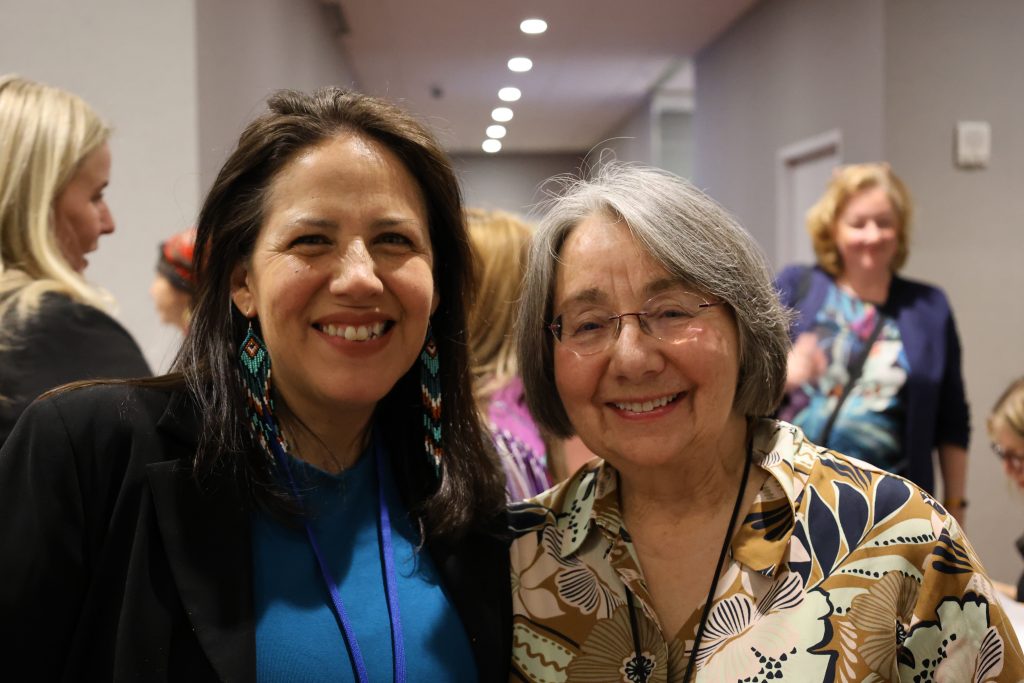
Mary Jane shared practical insights on ways to assess language vitality, stating “the average age of the mother tongue population is an indicator of intergenerational transmission. A young average age of an Indigenous language population implies that children are continuing to acquire it as their first language.” She also highlighted the importance of use of Indigenous languages in the home as “the language that is spoken most often in the home is more likely to become the mother tongue of the next generation”.
Vivian O’Donnell spoke about working in collaboration with the Commission stating that, “collaboration was key to the success of this project. Our goal was always to put data and information into the hands of Indigenous language champions who are doing the work”.
Belkacem Lounes, Co-President of the Global Task Force for the UN Decade of Indigenous Languages; and member of the African Indigenous Peoples Network gave closing remarks, reiterating the importance of ethical and Indigenous-led approaches to data.
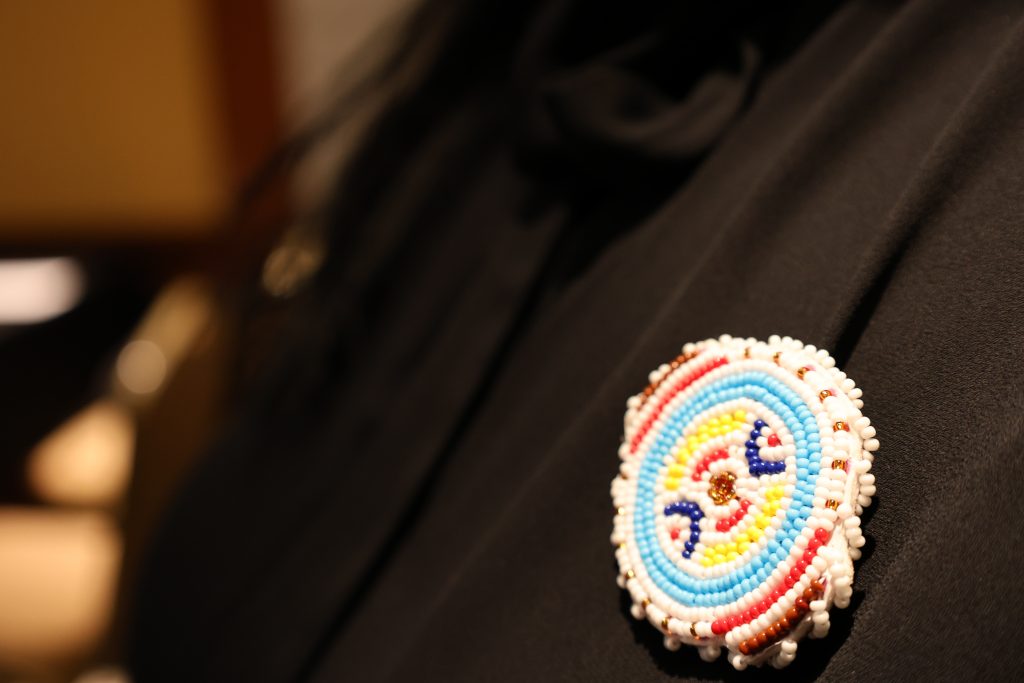
Participants were graced with a beautiful closing prayer song by Métis Elder Oliver Boulette to end the event in a good way.
The Commission invited Indigenous leaders and language champions from around the world to its upcoming global summit, WAVES 2025. This momentous gathering will be an opportunity to continue important dialogue related to Indigenous languages data and advance the objectives of the International Decade of Indigenous Languages.
“The International Decade has focused global attention on the urgent need to protect and revitalize the languages of Indigenous Peoples. Effective responses rely on good data. While we know that Indigenous languages are in danger of disappearance, there are critical gaps in the knowledge needed to mobilize effective responses. We need data that is collected in an ethical manner that accurately reflects the unique contexts of Indigenous societies and the importance of languages in Indigenous cultures and traditions.”
-Dr. Ronald E. Ignace, Commissioner of Indigenous Languages
